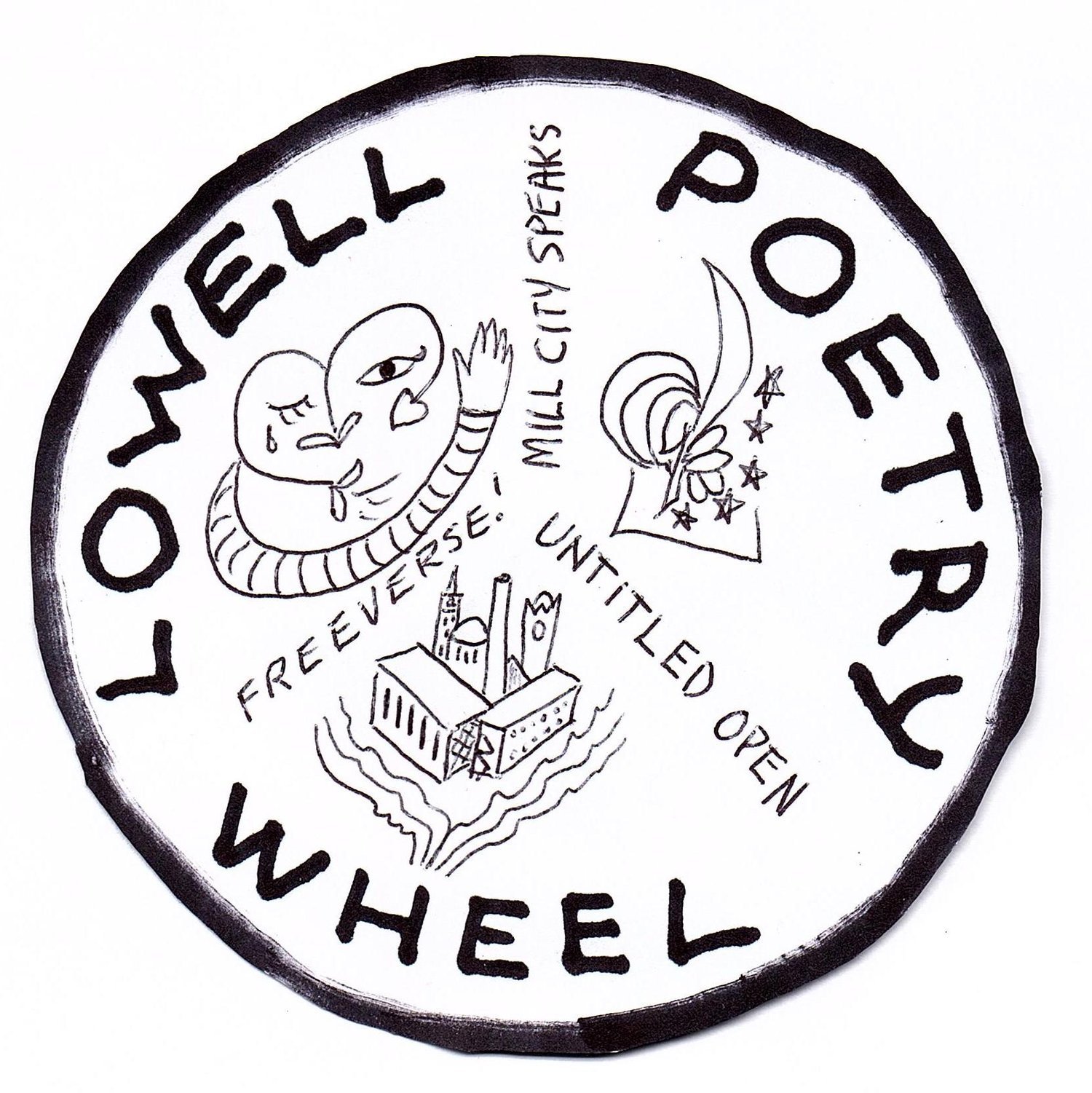December 2023 - Workshop Shit!
The use of the five tangible senses in poetry often contributes to a more detailed sense of place and atmosphere. In the two poems below, William Blake assumes a first-person voice, and largely by describing what he sees and hears, evokes potent responses in the reader. In The Echoing Green, Blake shows us a specific location, and the sights and sounds therein, can be a potent agent for memory, as it shows us an old man sitting by the green, experriencing the sights and sounds of the place in real time, as well as remeniscing on his own childhood spent in the same spot. The Garden of Love has a somewhat more sombre and ominous tone, as Blake again invokes the idea of memory being tied to a place; in this poem however, the beloved place has been reshaped, and the sights and sounds of it are distressingly different to what the narrator remembers.
Willam Blake
The Echoing Green
The sun does arise,
And make happy the skies.
The merry bells ring
To welcome the Spring.
The sky-lark and thrush,
The birds of the bush,
Sing louder around,
To the bells’ cheerful sound.
While our sports shall be seen
On the Echoing Green.
Old John, with white hair
Does laugh away care,
Sitting under the oak,
Among the old folk,
They laugh at our play,
And soon they all say.
‘Such, such were the joys.
When we all girls and boys,
In our youth-time were seen,
On the Echoing Green.’
Till the little ones weary
No more can be merry
The sun does descend,
And our sports have an end:
Round the laps of their mothers,
Many sisters and brothers,
Like birds in their nest,
Are ready for rest;
And sport no more seen,
On the darkening Green.
Willam Blake
The Garden of Love
I went to the Garden of Love,
And saw what I never had seen:
A Chapel was built in the midst,
Where I used to play on the green.
And the gates of this Chapel were shut,
And 'Thou shalt not' writ over the door;
So I turn'd to the Garden of Love,
That so many sweet flowers bore.
And I saw it was filled with graves,
And tomb-stones where flowers should be:
And Priests in black gowns, were walking their rounds,
And binding with briars, my joys & desires.
After browsing through the two William Blake poems above, poets brainstormed some images to use as inspiration. They organized their thoughts around the five tangible senses (sight, sound, touch, smell, taste), and sought to not only come-up with concrete things that are seen, heard (etc.), but also descriptions. The graphic below shows some of their thinking.
The Rules:
1) Read through the William Blake poems above with an eye for the five senses, and think about how Blake might be using senses to color the locations he’s describing.
2) Think about a time and place (possibly a memory from your own experience, or possibly an imagined place). What kinds of things might you see or hear (etc.) in that location.
3) Begin to brainstorm images, organizing your thoughts around the five senses, as well as identifying nouns and adjectives.
4) Using the prompt poems and your word bank as inspiration, begin a 15-minute free write, trying to describe in as much color and detail as possible a specific place. Why is this place significant? How do the sights, sounds, and sensations you notice give emotional color and significance to this place. As usual, this is a starting point, and there is no need to finish a whole poem in just 15 minutes. All styles and forms are fair game.
5) Once you’ve finished your poem, and you’ve had a chance to revise or workshop it to your liking, feel free to use the comments section below to share your poem with us.
Prompt responses:
Andrew’s Response:
The sun laughs darkening across the bay,
Where foghorn echos shamble through crisp air,
While over ice-cold, not-yet-frozen waves
The ferries and the fishermen glide by.
No birdsong but the gulls’ calls; ripples die
On quays; and bells behind ring soft and fair,
As sombre tides roll thundering in stone caves …
Life’s fading at the end of every day,
And no one touches tombstones without fear …
Stone dates assume that water worries age
As ardently as we. The silver moon
Breathes rancid on a nightly grave no fire
Survives, illuminating only page
And page of no ones’ names left lost or doomed.

